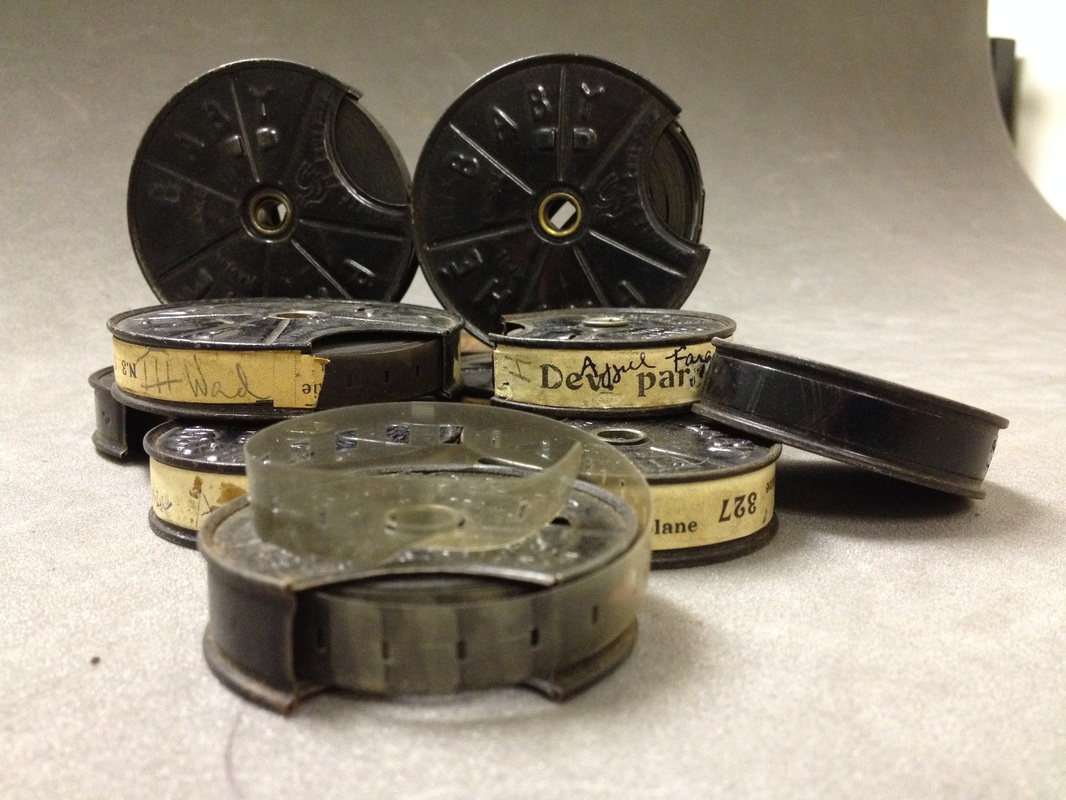When people ask me what I do as an archivist, I never really know what to say. Do I go for the safe but dull option ‘I look after old records and make them available to others’, or do I go for the more bombastic ‘I ensure society does not suffer from collective amnesia, provide the means to hold individuals and organisations to account and protect basic human rights’. The fact is that, as an archivist, I do many things (including getting involved in projects such as Filming Antiquity) and I have to do many things because taking custody seriously is not a simple proposition.
Take for example, the films from the archive of Gerald Lankester Harding that form the focus of this project. These films are now being housed at the UCL Institute of Archaeology, undergoing appraisal for formal acquisition by the collections. Taking care of such an important archive is a big responsibility, but also an exciting challenge: it is recognised that the invaluable information these films contain can inform knowledge of archaeology, and myriad other fields, both now and in the future. For this to happen, however, we need to be able to watch the films and digitisation will provide this vital access.
| It seems ‘simple’, but taking custody seriously means that entering into digitisation projects can actually raise many more question than it answers. For example, how can we take steps to ensure that the digitisation process does not damage the original film? Can the digitised copy be as ‘original’ as the original film? Will anything be lost in the process of transformation, and if so, what, and if so, does it matter? How can we ensure that the links between the digital copy and the original film, and the original film and its creator and context of creation are not lost? The list goes on, and it goes on even further because, in creating digital copies of the films, we are actually creating even more things for which we have to take custody seriously, and these things are now digital ones. |
In future blog posts, we will seek to outline our considerations in digitising these films in greater detail, but for now I hope that I have done enough to explain why taking custody seriously means that nothing is ever simple and that digitisation is not the answer to everything.
Further information/links on digital preservation
Digital Preservation Coalition
Digital Preservation Management: Implementing Short-Term Strategies for Long-Term Solutions, online tutorial developed for the Digital Preservation Management workshop, developed and maintained by Cornell University Library, 2003-2006; extended and maintained by ICPSR, 2007-2012; and now extended and maintained by MIT Libraries, 2012-on.
Library of Congress, Personal Archiving
The National Archives, Preserving digital records: Guidance

 RSS Feed
RSS Feed

